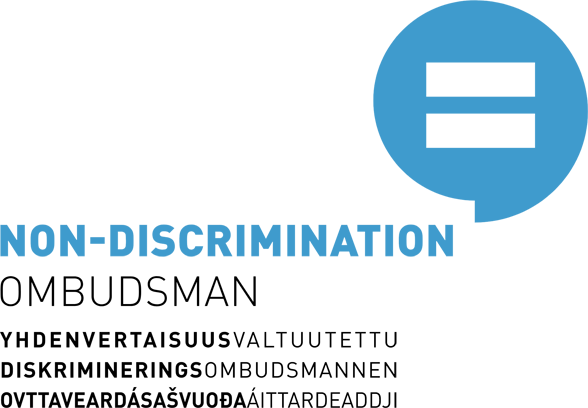The rights of the child must be realised in full in matters involving foreign nationals – the Ombudsman's recommendations for improving the status of foreign nationals for the government programme
The Non-Discrimination Ombudsman recommends that a comprehensive reform of the Act on Foreign Nationals (Aliens Act) be undertaken in the coming government term as a parliamentary project and that the Act be developed to better address the rights of the child and the right to family life.
The last comprehensive reform of the Aliens Act dates to 2002. Extremely many partial reforms of the Act have been made since then, and the nature of immigration has also changed over the years. Interpretations of the Act that are problematic in terms of fundamental rights, such as with regard to the best interest of children and the protection of family life, have also become established in legal practice. A reform of the Act is thus necessary.
In its report, the Employment and Equality Committee of Parliament concurred with the recommendation issued in the Non-Discrimination Ombudsman's report to Parliament that the rights of the child should be safeguarded in matters involving foreign nationals. Parliament issued the following resolution related to the status of foreign nationals when adopting the report on 18 November 2022:
Parliament requires the government to determine the required amendments to legislation that will safeguard the full realisation of the rights of the child when the child or one of their parents is a foreign national.
The Non-Discrimination Ombudsman's recommendations for improving the status and rights of foreign nationals
The duties of the Non-Discrimination Ombudsman include promoting the status and rights of foreign nationals. The Ombudsman issues a number of recommendations for the government programme regarding a reform of the Aliens Act.
The rights and best interest of the child must be fully realised in matters involving foreign nationals
The Ombudsman recommends that the provisions of the Aliens Act on the rights of the child should be developed to correspond to the Convention on the Rights of the Child and the Child Welfare Act.
The provisions of the Aliens Act do not specifically refer to the best interests of the child being a primary consideration, nor do they specify how the best interests of the child should be taken into account in any more detail. This means that the definition of the best interests of the child in the Aliens Act is narrower than in the Child Welfare Act, for instance.
The section on evading the provisions on entry must be limited
The Non-Discrimination Ombudsman recommends that the application of section 36, subsection 2 of the Aliens Act (evading the provisions on entry) be limited to ensure the realisation of the rights of the child and the right to family life.
Currently, a foreign parent can be refused a residence permit even if they have been living with their family in Finland for years. Application of the provision must not lead to decisions that go against the best interests of the child and especially not to separating a child from their parent.
The provisions on asylum seekers' right to work must be simplified
The Non-Discrimination Ombudsman recommends that the provisions on asylum seekers' right to work be simplified.
Amendments to the Aliens Act have tied an asylum seeker's right to work to the enforceability of the denial-of-stay decision. This has resulted in many problems for both asylum seekers and their employers, among others, because the provisions related to enforceability itself are occasionally ambiguous and unclear. Extending the right to work until deportation would safeguard the rights of the asylum seekers and their employers both.
The right to family reunification must be equal
The Non-Discrimination Ombudsman recommends giving equal access to family reunification to everyone, and recipients of international protection in particular.
Already in the Ombudsman's report to Parliament in 2018, the Non-Discrimination Ombudsman highlighted the problematic nature of the income limits set for family reunification, and in 2020, the Ombudsman studied the impact of section 36, subsection 2 of the Aliens Act on the right to family life of children who have been granted international protection. These issues, which have also been set out in the draft proposal issued by the Ministry of the Interior in 2021, must be resolved.
Granting official status to people without a residence permit
The Non-Discrimination Ombudsman recommends that the residence of those who have arrived in Finland before the year 2017 and still reside here without a residence permit should be legalised with a separate statute.
In the autumn of 2021, the Finnish Immigration Service estimated that there are approximately 3,000 people in Finland who applied for asylum in 2016 or earlier who are either still in the asylum process or undocumented and outside the scope of reception services. This group was estimated to include around 300 children. The opportunity of these people to obtain a residence permit was restricted in a significant and unforeseeable manner in 2015 and 2016. The number of undocumented people created by these political decisions cannot be effectively reduced by other means than offering those who stayed in Finland a real chance to make their residence official.
25.04.2023



